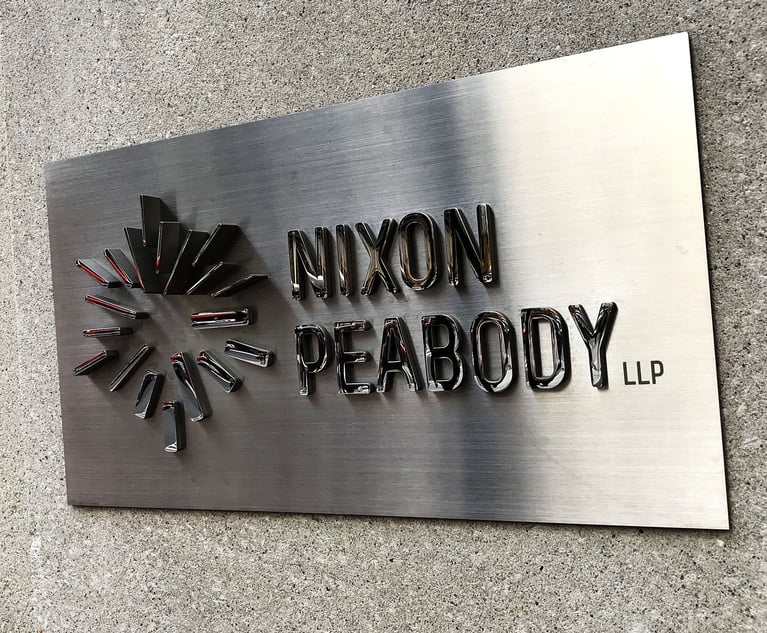 Citi Private Bank and Hildebrandt Consulting publish an annual client advisory on the legal market. The last two advisories confirm what most lawyers know from their own anecdotal experience: Law is a tough business. Demand has been flat for nearly a decade as alternative service providers crowd the market and more corporate legal departments bring work in house. Firms continue to raise rates, but realization percentages—that is, the percentages of rack rates that firms are actually able to collect—have been dropping since 2010. Today, few clients are willing to pay rack rates, especially for very junior lawyers. And many clients demand discounts of 10 percent or more as a matter of course. Law firms have increased leverage slightly, that is, they have added lawyers without adding equity partners. But the impact on profitability has been minimal because the additional leverage has been offset by losses in productivity and increases in expenses. The loss in productivity should not be surprising. Many young lawyers simply are unwilling to organize their lives around increasing the profits of equity partnerships that they have poor prospects of joining.
Citi Private Bank and Hildebrandt Consulting publish an annual client advisory on the legal market. The last two advisories confirm what most lawyers know from their own anecdotal experience: Law is a tough business. Demand has been flat for nearly a decade as alternative service providers crowd the market and more corporate legal departments bring work in house. Firms continue to raise rates, but realization percentages—that is, the percentages of rack rates that firms are actually able to collect—have been dropping since 2010. Today, few clients are willing to pay rack rates, especially for very junior lawyers. And many clients demand discounts of 10 percent or more as a matter of course. Law firms have increased leverage slightly, that is, they have added lawyers without adding equity partners. But the impact on profitability has been minimal because the additional leverage has been offset by losses in productivity and increases in expenses. The loss in productivity should not be surprising. Many young lawyers simply are unwilling to organize their lives around increasing the profits of equity partnerships that they have poor prospects of joining.
If the traditional tools of leverage, rate increases, and significant billable hour requirements for associates are less effective at generating profits than they used to be, what options are available? For litigators, at least, sharing risk with clients is one way to increase profitability. But adding contingent fee cases can be difficult or impossible for firms that are used to billing by the hour. In addition to the obvious cash flow challenges, when deciding on partner compensation, firms often find it hard to weigh the relative contributions of lawyers whose clients pay by the hour versus lawyers who work on contingency cases. (This is a new variation on the old problem of how to measure contributions to stability versus contributions to upside. When times are tough, lawyers in countercyclical practice areas like bankruptcy, and, to a lesser extent, litigation, often complain that they are not being given enough credit for keeping the lights on. And M&A lawyers understandably feel they deserve credit for high profits during boom years.)






